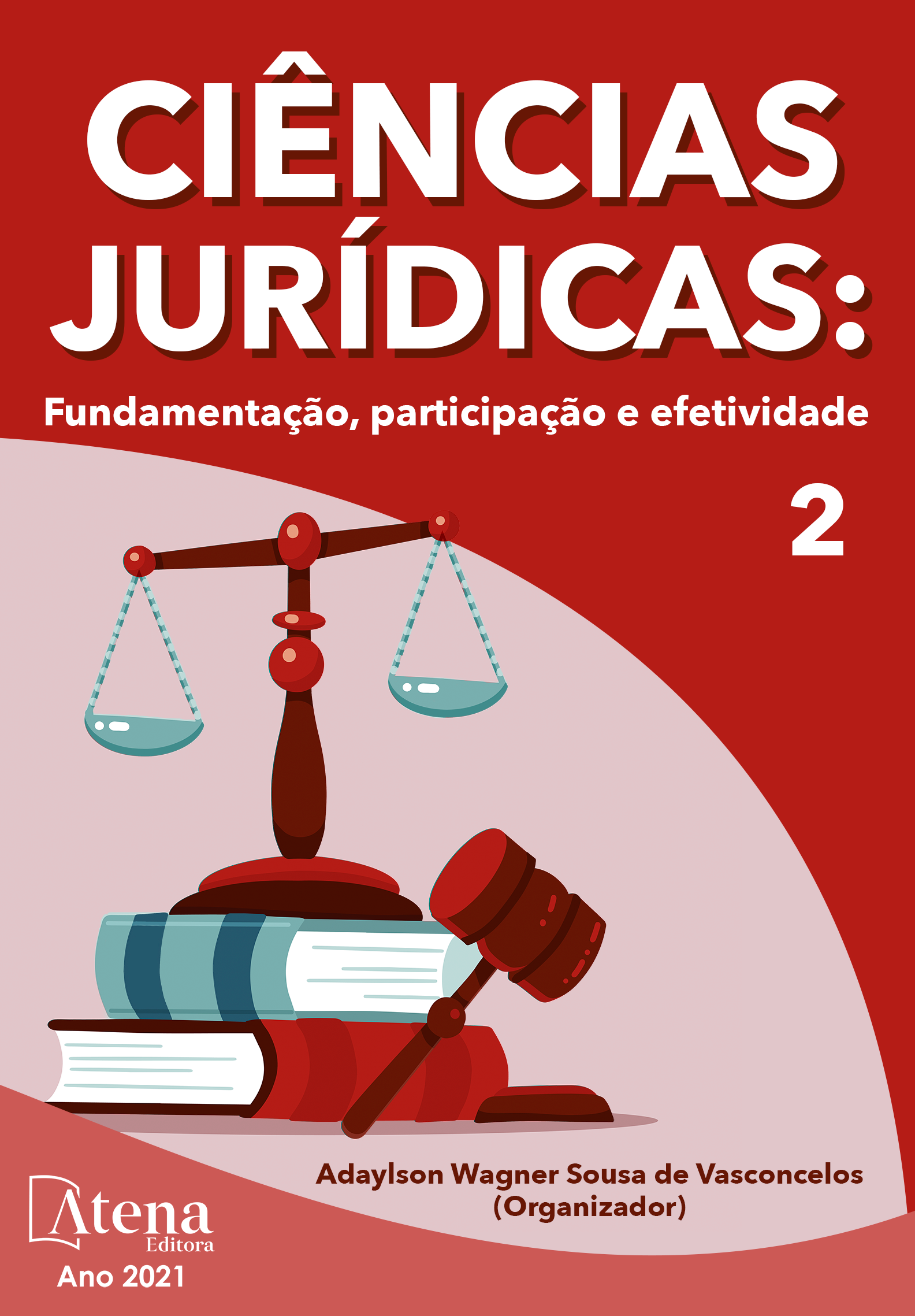
PODER REGULAMENTAR DAS AGÊNCIAS REGULADORAS SOB O VIÉS DO PRINCÍPIO CONSTITUCIONAL DA LEGALIDADE
As transformações político-econômicas que ocorreram no Brasil no início da década de 1990
influenciaram diretamente a maneira de se entender a Administração Pública. A crise
econômico-financeira do Estado se mostrou determinante para a criação das agências
reguladoras no País. As privatizações e desestatizações de determinados serviços públicos
foram a causa da necessidade de se estabelecer órgãos públicos com a capacidade de
garantir ao Estado a manutenção dos poderes de regular e fiscalizar tais atividades
originalmente de cunho público. Uma das características inerentes aos órgãos administrativos
consiste na prerrogativa de elaborar atos normativos. No entanto, a amplitude do poder
regulamentar exercido pelas agências reguladoras é amplamente controvertida e questionada
por diversos doutrinadores, sobretudo no que se refere aos limites de sua função regulatória
e a vinculação do particular. Isso se deve ao impasse existente entre esta atribuição e o teor
do princípio da legalidade estabelecido pela Constituição Federal. Nota-se que certas
agências reguladoras são, por vezes, dotadas de poder para instituir normas com forças
equiparadas à lei. Questiona-se se estas normas estão, de fato, de acordo com as limitações
impostas pelo princípio da legalidade e, além disso, quais são estes limites. Conclui-se que é
vedado a qualquer órgão da Administração Pública a elaboração de atos normativos, de
qualquer espécie, que seja capaz de inovar na ordem jurídica, criando direitos e obrigações.
PODER REGULAMENTAR DAS AGÊNCIAS REGULADORAS SOB O VIÉS DO PRINCÍPIO CONSTITUCIONAL DA LEGALIDADE
-
DOI: 10.22533/at.ed.90621150612
-
Palavras-chave: Agências reguladoras. Poder regulamentar. Legalidade
-
Keywords: Regulatory agencies. Regulatory power. Legality
-
Abstract:
The political-economic transformations that happened in Brazil in the early 1990s directly
influenced the way of understanding Public Administration. The government's economic and
financial crisis proved to be a determining factor for the creation of regulatory agencies in the
country. The privatizations and denationalization of certain public services were the cause of
the need to create public departments with the capacity to assure to State the maintenance of
the powers to regulate and supervise such activities originally of a public nature. One of the
characteristics inherent to administrative departments is the prerogative to prepare normative
acts. However, the extent of the regulatory power exercised by the regulatory agencies is
widely controversial and questioned by several indoctrinators, especially with regard to the
limits of their regulatory function and the binding of the individual. This is due to the dilemmaexisting between this attribution and the tenor of the principle of legality established by the
Federal Constitution. It is noted that certain regulatory agencies are sometimes empowered to
institute standards with forces equivalent to the law. It is questioned if these rules are, in fact,
in accordance with the limitations imposed by the principle of legality and, moreover, what are
these limits. It is concluded that it is forbidden to any organ of the Public Administration to
elaborate normative acts, of any kind, that are capable of innovating in the legal order, creating
rights and obligations. -
Número de páginas: 18
- DAIANE SILVIA SANTANA BRANDI


